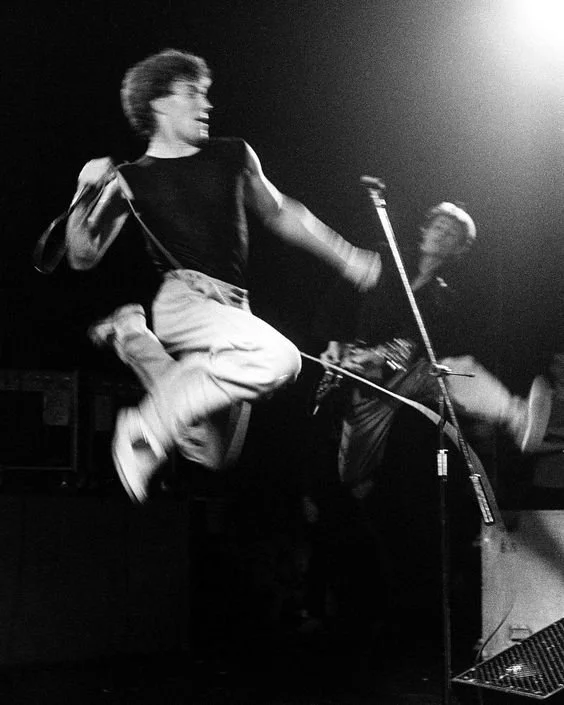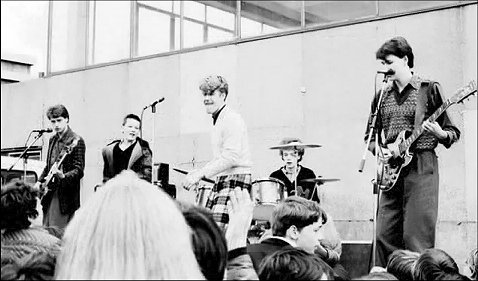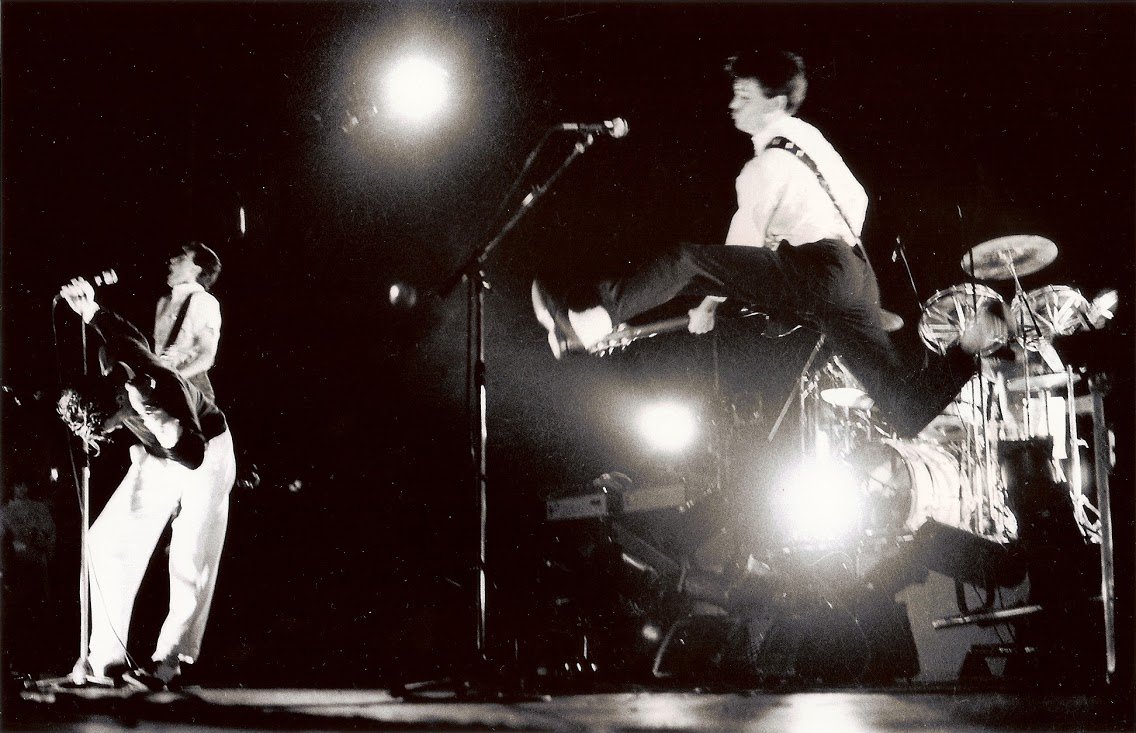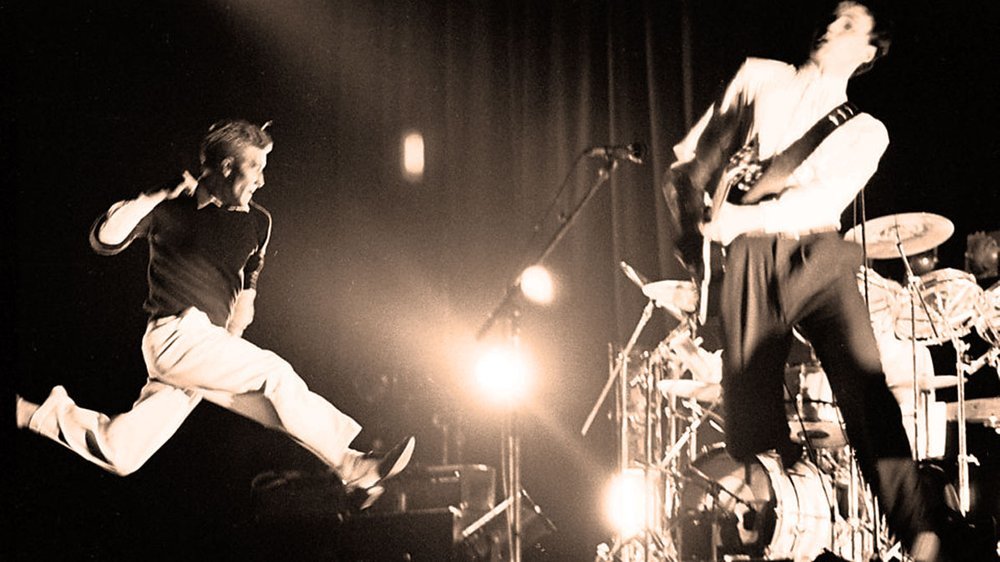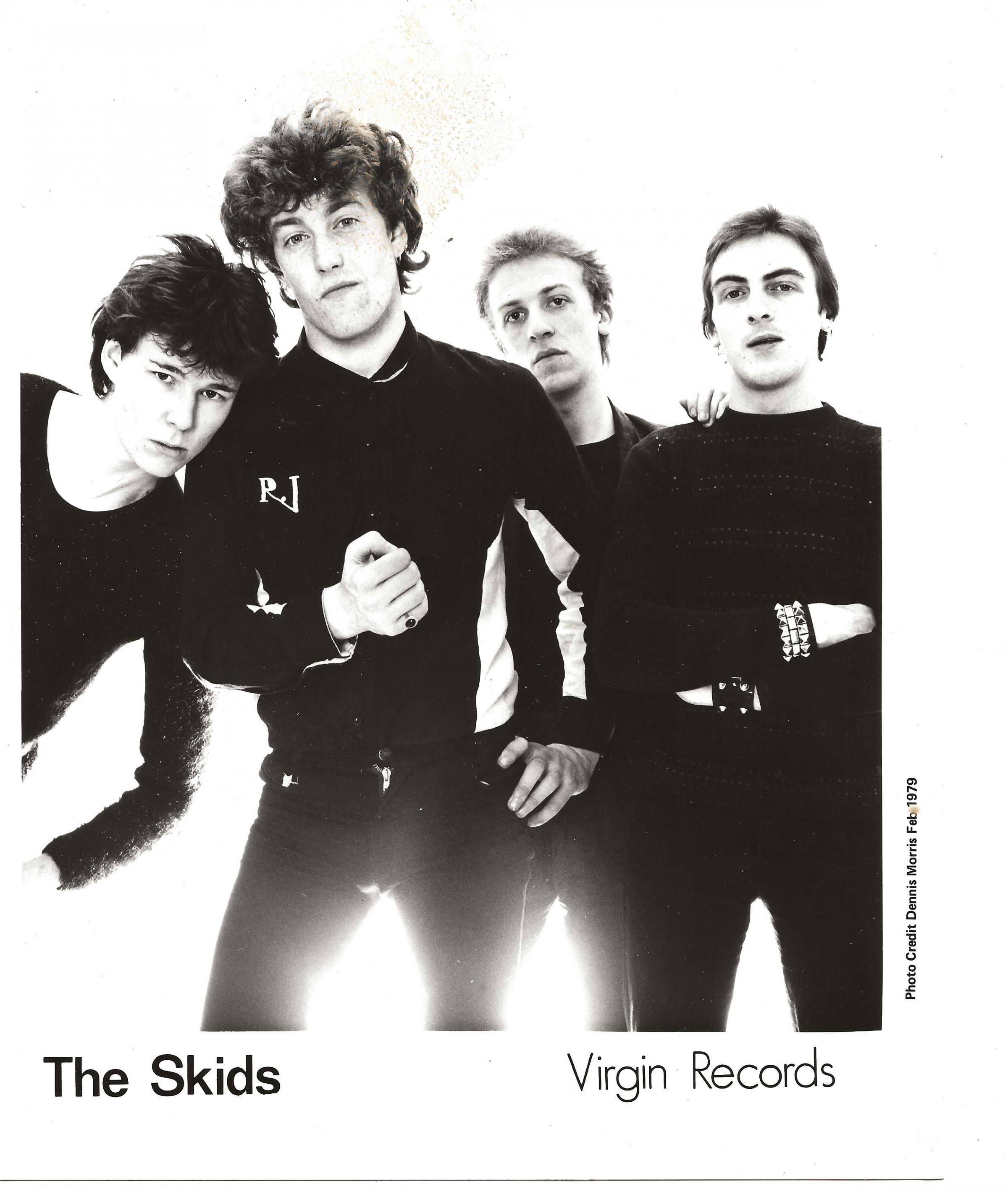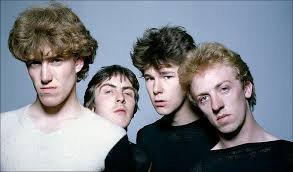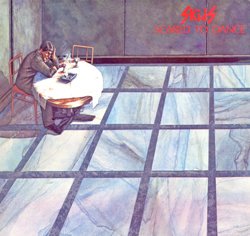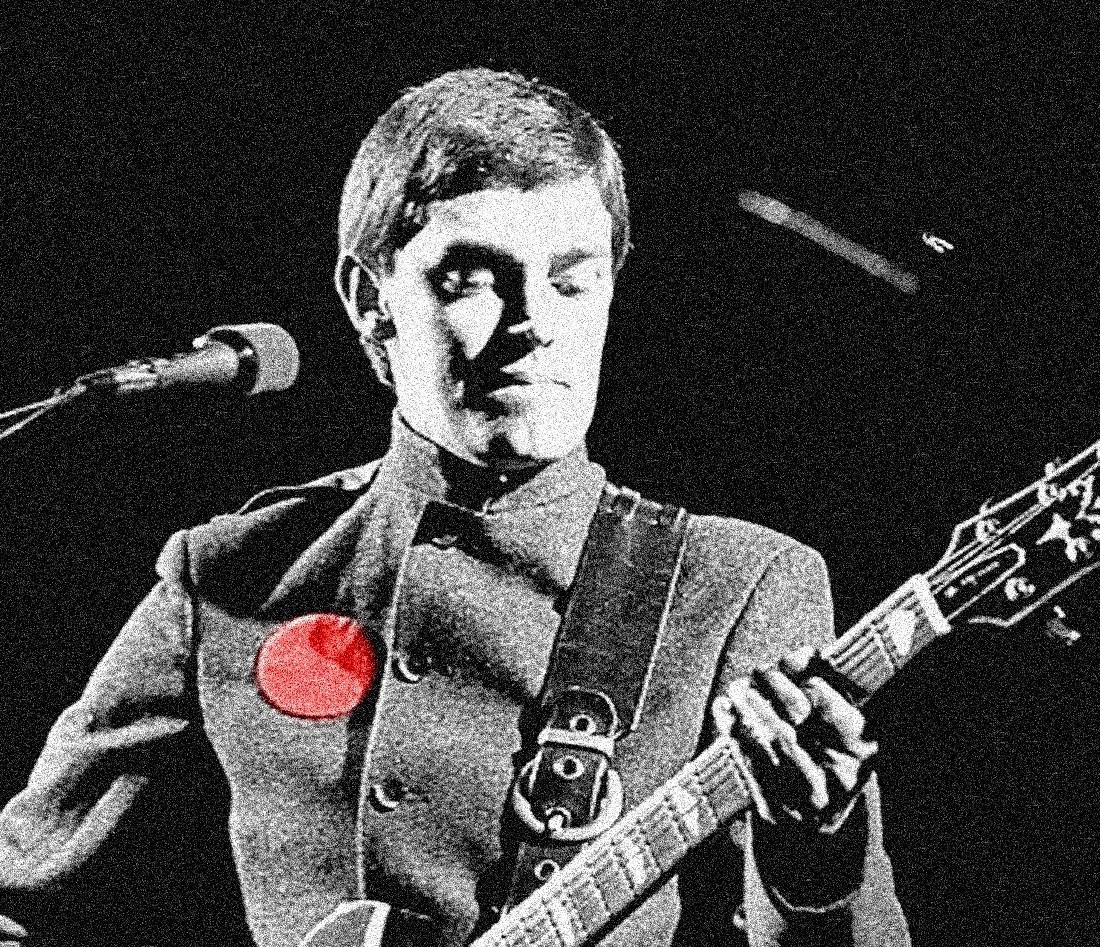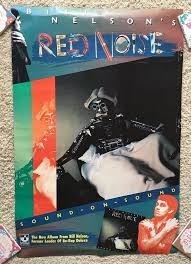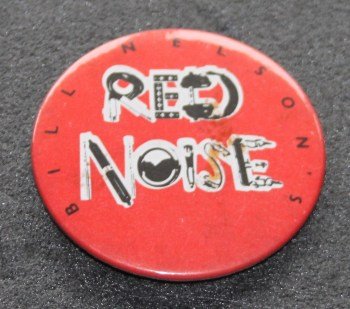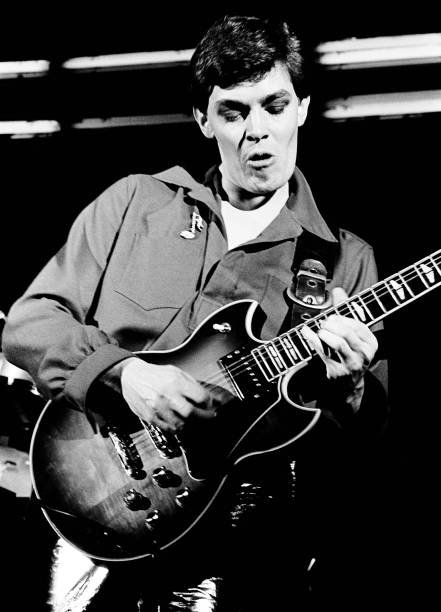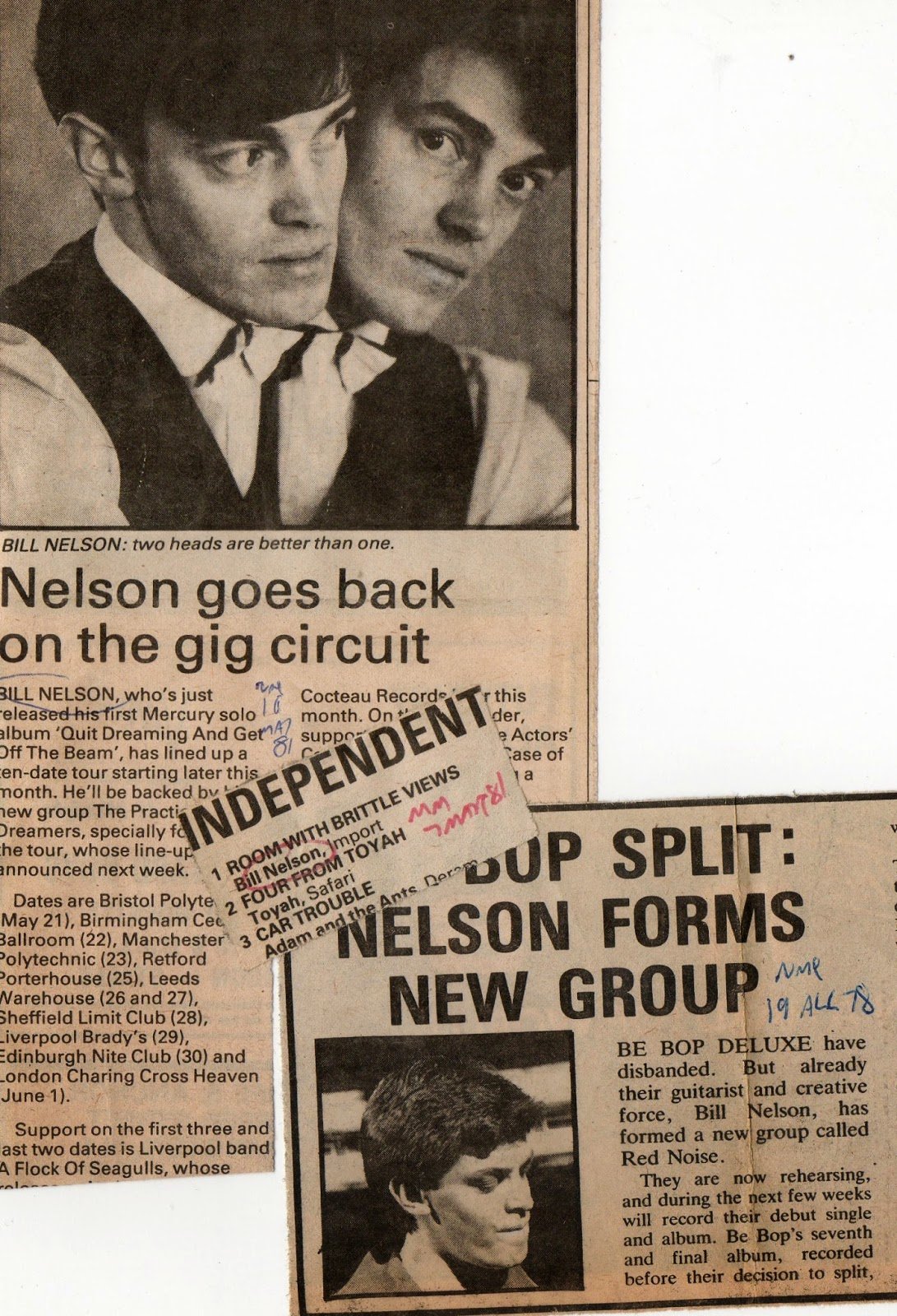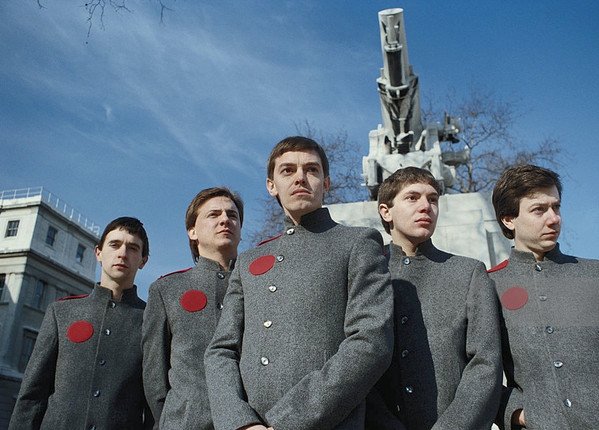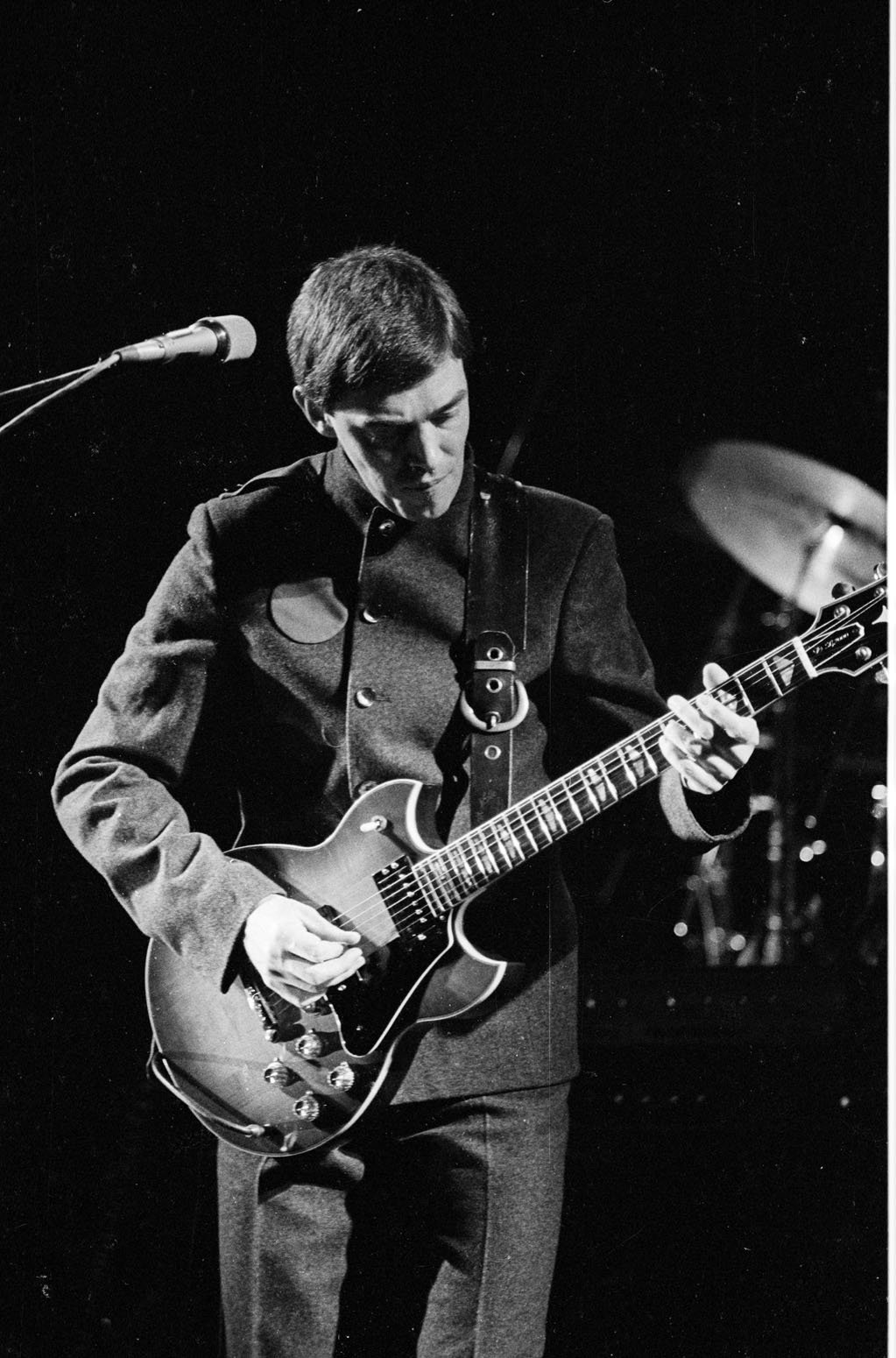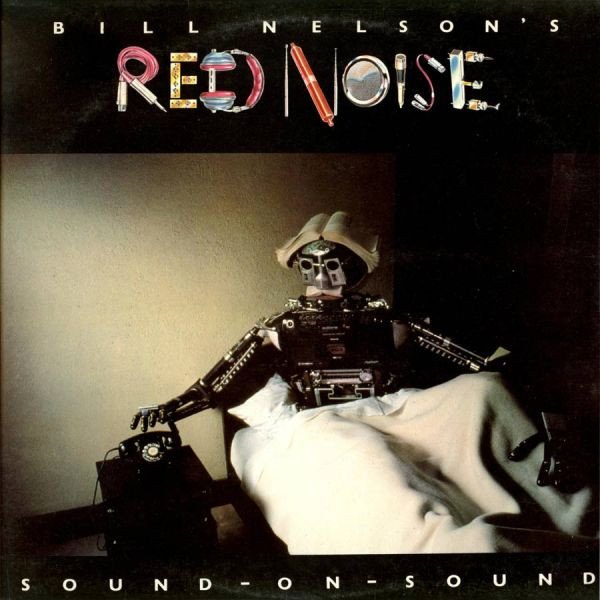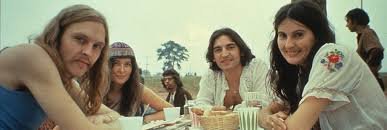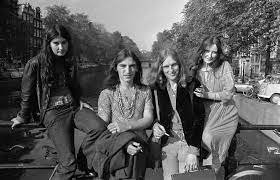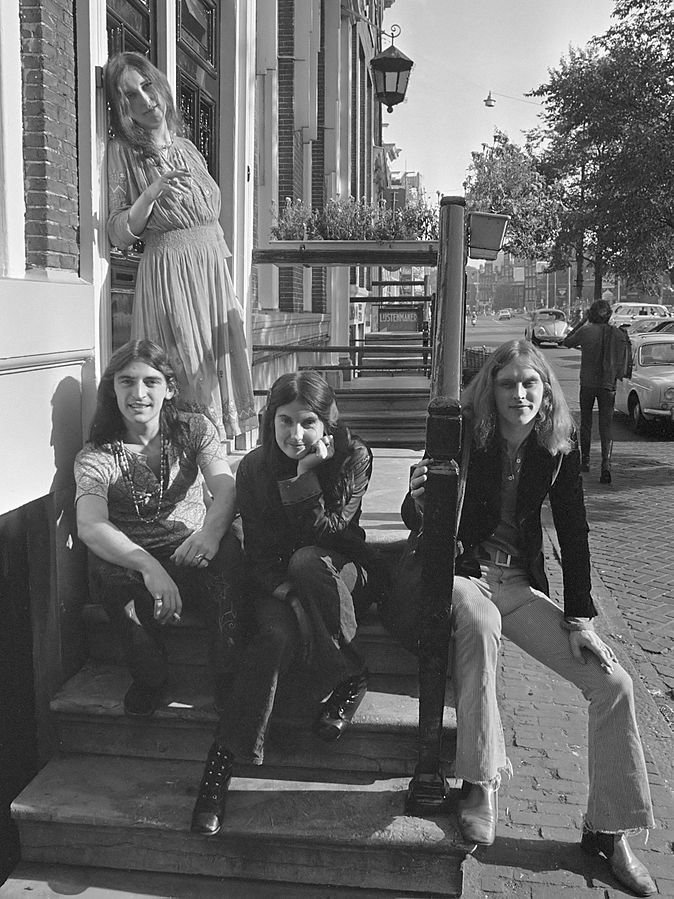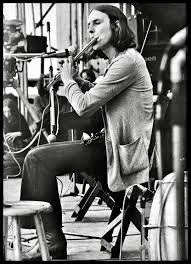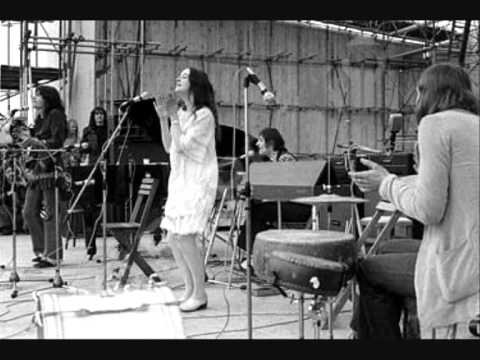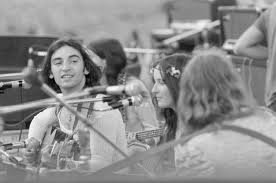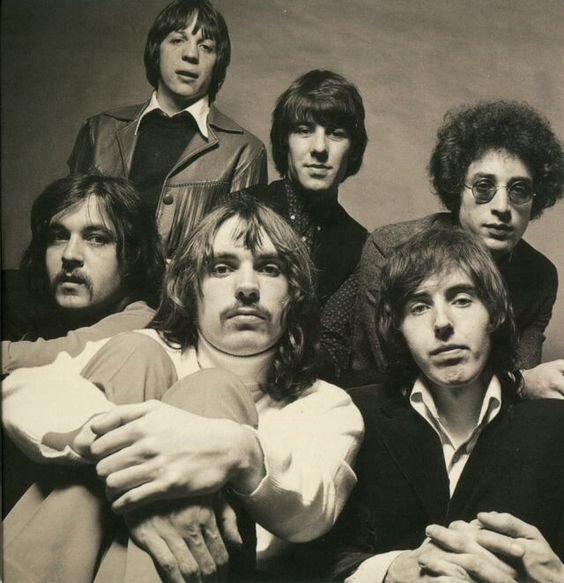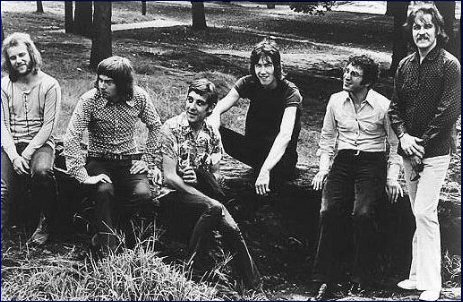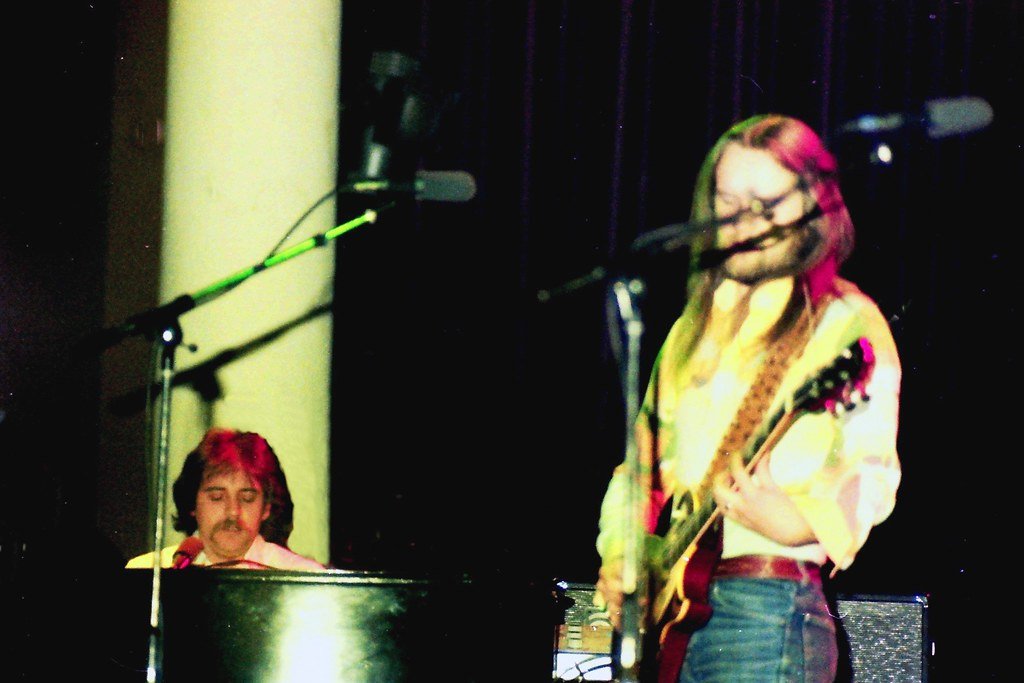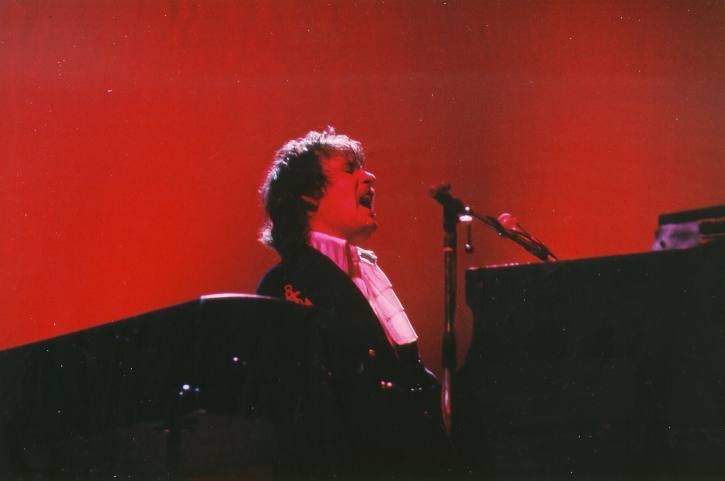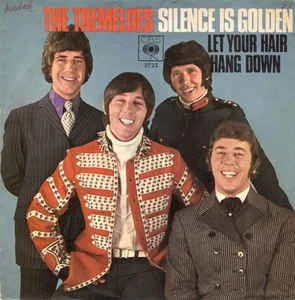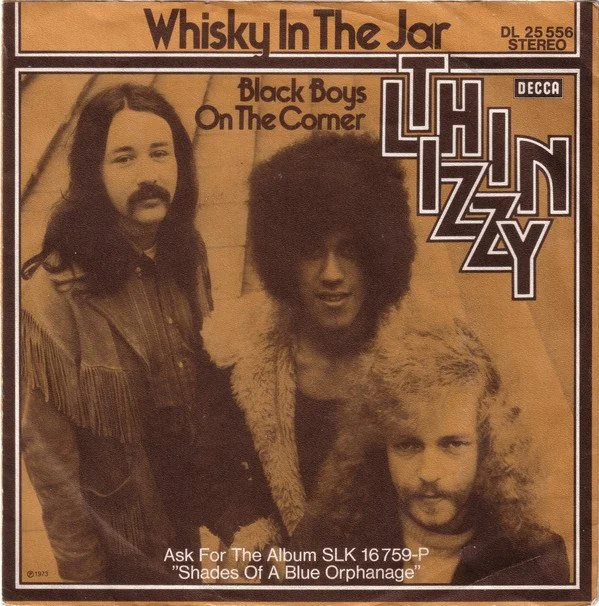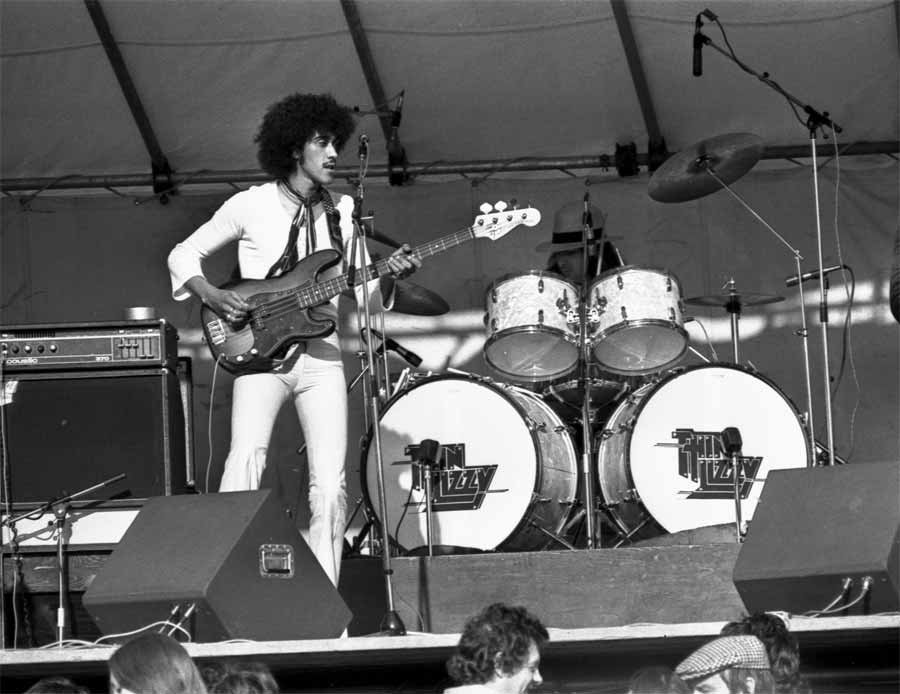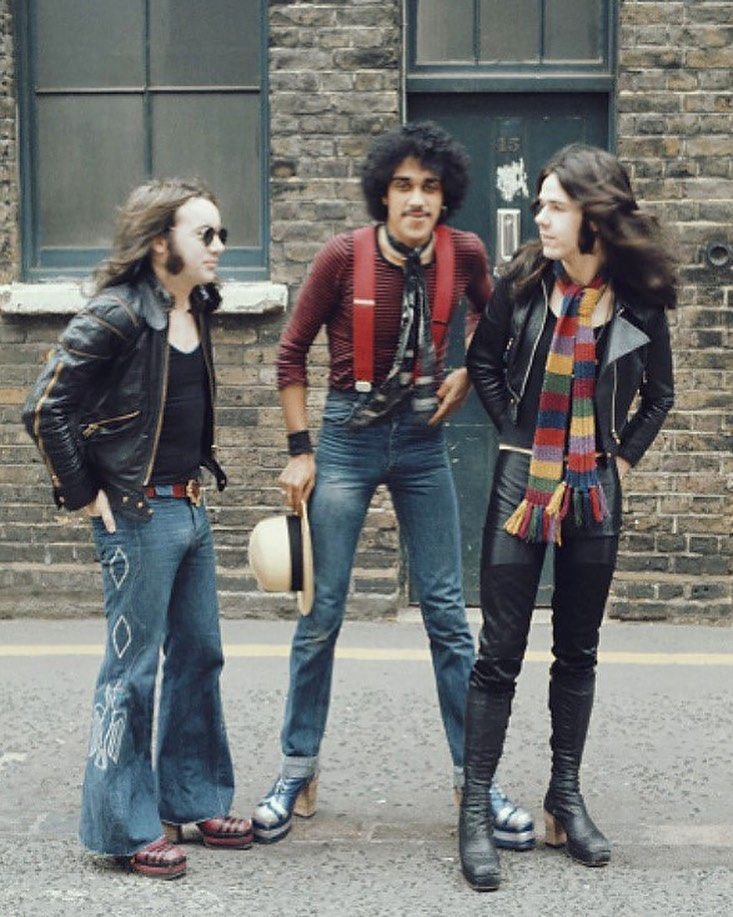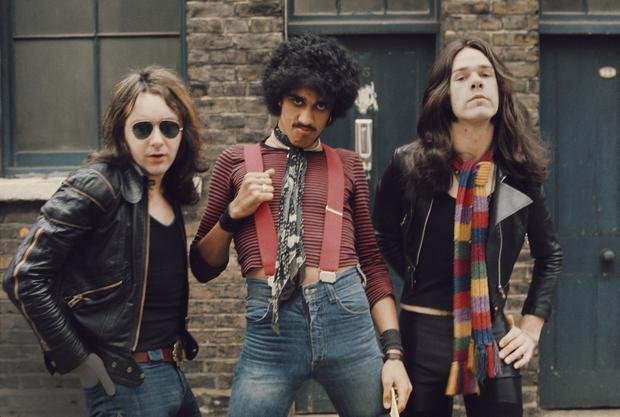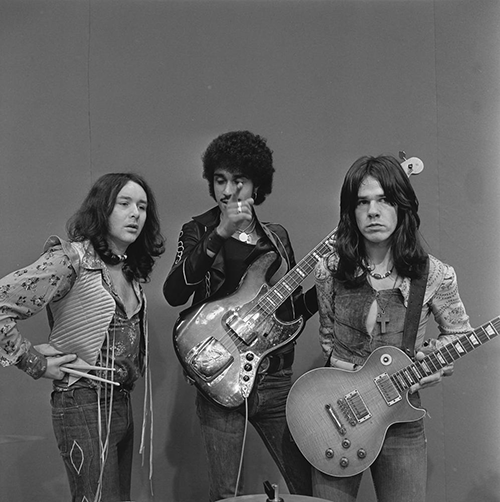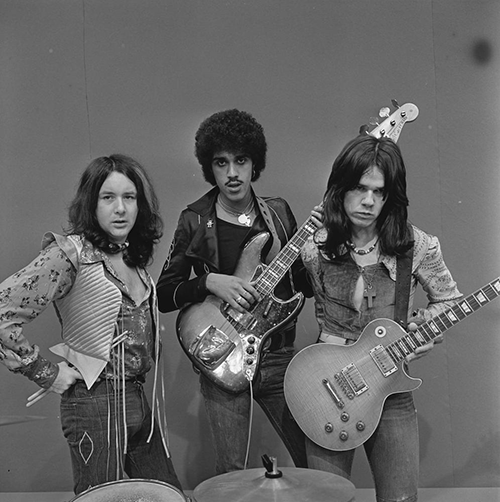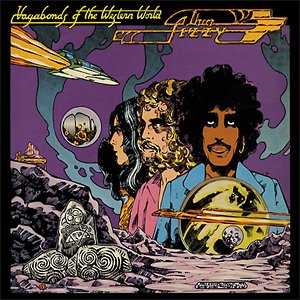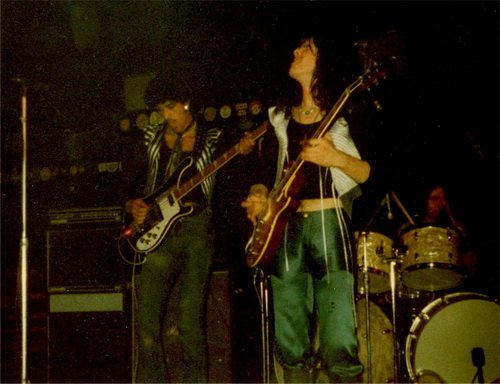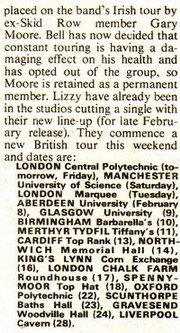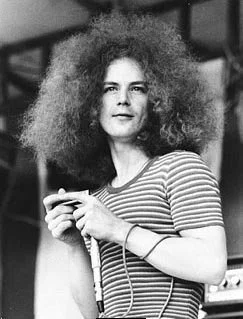Images may be subject to copyright
On this day, 1 March 1979, Scottish punks The Skids played Cardiff’s Grannie’s Club. The previous night the band had played their first ever Welsh gig at Newport’s Stowaway Club.
Formed in Dunfermline in 1977 by Stuart Adamson (guitar, keyboards, percussion and backing vocals), William Simpson (bass guitar and backing vocals), Thomas Kellichan (drums) and Richard Jobson (vocals, guitar and keyboards).
The singles "Sweet Suburbia" and "The Saints Are Coming" both made commercial inroads, before "Into the Valley" reached the Top 10 in the UK Singles Chart in early 1979. The band had just released their debut studio album, Scared to Dance, the month before.
Scared to Dance has been well received by critics. Ira Robbins of Trouser Press called the album "excellent [...] Using loud guitar and semi-martial drumming for its basis, Jobson's hearty singing sounds like an 18th century general leading his merry troops down from the hills into glorious battle."
The song "The Saints Are Coming" was later covered by Green Day and U2 and released as a charity single, reaching #1 in several countries.
"Into the Valley" became popular as adopted and sung by fans of Dunfermline Athletic F.C., the band's local football team, as well as Charlton Athletic F.C. in England whose ground is known as The Valley.



